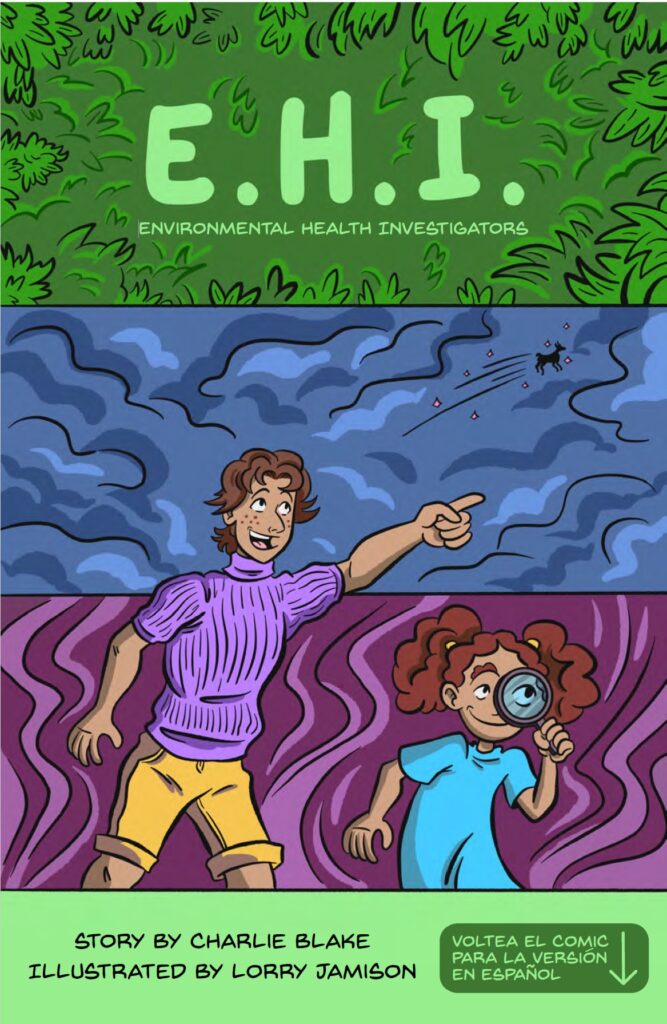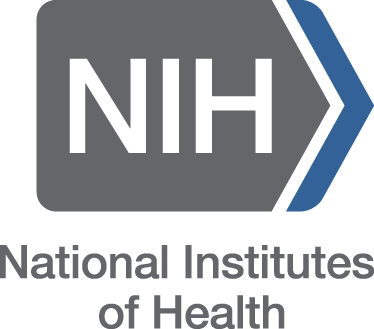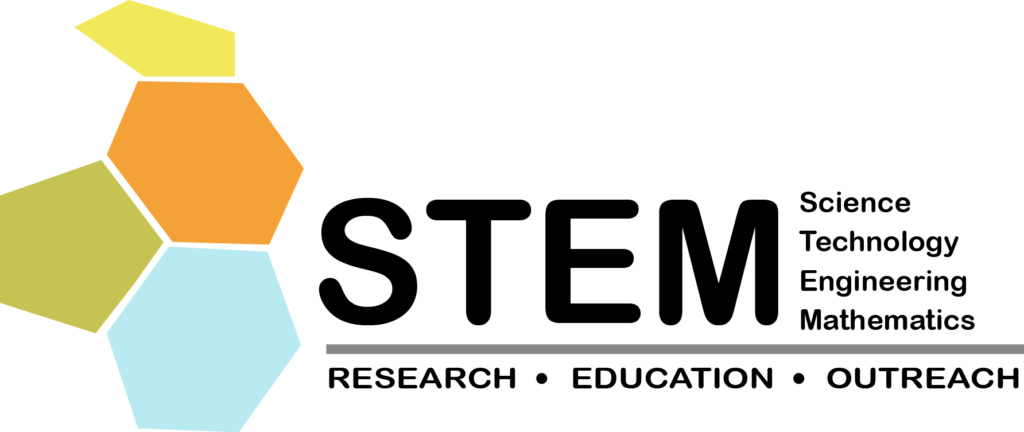The Environmental Health Investigators program was developed with underserved youth in communities of southwest Illinois to encourage them to pursue STEM careers and education that focus on health sciences. The program was designed for students to participate in authentic science that allowed them to engage in real world problems involving community environmental health. During this program, students worked with SIUE staff and faculty to conduct environmental surveys of their community, learn about environmental sensing and sensors, and design and carry out a research project where they investigated a question related to environmental health in their community.
Lesson Plans
The Environmental Health Investigators curriculum was designed over the course of the five year program to emphasize students taking an active role in community-based research to address environmental health. The curriculum shows students how to become Environmental Health Investigators in their community. The 27 activities, organized into three modules, are designed to help generate and sustain interest in health sciences through authentic investigations in a real-world context.
Click here to download the full curriculum.
Comic Book
We were so inspired by our work with the teachers and students who made this program possible that we made a comic book! Check it out here on our website or stop by the STEM Center on campus for your very own free paper copy.

Meet Our Team
Principal Investigators
Dr. Sharon Locke is the PI of Environmental Health Investigators. She has an environmental geosciences background and has led/co-led several complex NSF-funded projects to support the participation of underrepresented groups in STEM. She oversees student program and educator workshop implementation, ensuring that scientific content and activities are aligned with evidence-based practices in STEM education.
Dr. Georgia Bracey is a PI of Environmental Health Investigators and is responsible overseeing the education research, ensuring integrity of onsite data collection, co-presenting at teacher workshops, and leading integration of formative evaluation findings into program design. Dr. Bracey was project director of a three-year Illinois Math Science Partnerships grant bringing Next Generation Science Standards training to teachers in East St. Louis, and is co-PI on a National Science Foundation grant to support the training of future elementary teachers. She has expertise in mixed-methods educational research and evaluation, and was a Chicago area classroom teacher for 13 years.
Dr. Ben Greenfield is a PI of Environmental Health Investigators and is responsible for integrating science content and environmental field research methods and exposure science concepts into the curriculum, in collaboration with project educators. Dr. Greenfield has focused on the implications of environmental contamination for human and ecosystem health. His project relevant experience includes the use of local monitoring data to characterize risk for vulnerable populations, data visualization and mapping, and methods for combining and interpreting measurements across multiple exposures.
Dr. Jennifer Zuercher is a key program faculty member responsible for guiding and facilitating community involvement. Dr. Zuercher’s current research focuses on improving health behaviors at periods of life transition. She has worked on community-based health improvement projects with adolescents through adults and has experience in community-based participatory research (CBPR).
Senior Personnel
Dr. Carol Colaninno is the project director for Environmental Health Investigators and helps to coordinate the alignment of research and student programming. Dr. Colaninno has spent the past seven years of her career developing youth-based educational curriculum much of which has focused on human-environmental interactions.
Dr. Charlie Blake is the curricular product developer and professional development specialist for the Environmental Health Investigators. Dr. Blake is an ecologists who spent several years doing field ecology and environmental education in different habitats across the country. They have an interest in citizen science and community-based participatory research.
Dr. Andreia Figueiredo Dexheimer is the research coordinator and graduate student supervisor for the Environmental Health Investigators program. Dr. Figueiredo Dexheimer is a biologist with several years of experience in animal learning research, science education, and outreach.
Ms. Candi Johnson is the project coordination for Environmental Health Investigators. She coordinates and supports all youth and educator activities, including student recruitment, curriculum design, teacher professional development co-design and co-delivery, and community partnerships. As a certified science teacher and former academic coordinator for Upward Bound, a college readiness program, Ms. Johnson has considerable experience translating health science content into grade-level and culturally appropriate activities.
Graduate Assistants
Ms. Pratigyan Bhusal earned her bachelor of science degree in environmental sciences with honors from Naaya Aayam Multi-Disciplinary Institute College affiliated with the University of Northampton, United Kingdom. At SIUE, Prati is pursuing her masters in environmental sciences. Prati is assisting with various projects at the STEM Center as a graduate research assistant. Prati loves studying the nature and environment.
Mr. Dwayne Ferguson graduated from Virginia State University with a bachelor’s of science degree in biology in 2019. He is currently working towards a master’s of science degree in environmental sciences at Southern Illinois University Edwardsville. Dwayne helps develop and maintain our air and noise pollution monitoring network.
Mr. Josh Gifford is currently working towards a master’s of science degree in environmental sciences at Southern Illinois University at Edwardsville. Josh currently works at the STEM Center helping to maintain our environmental health monitoring network which aims to collect air quality and noise pollution levels throughout southwest Illinois.

